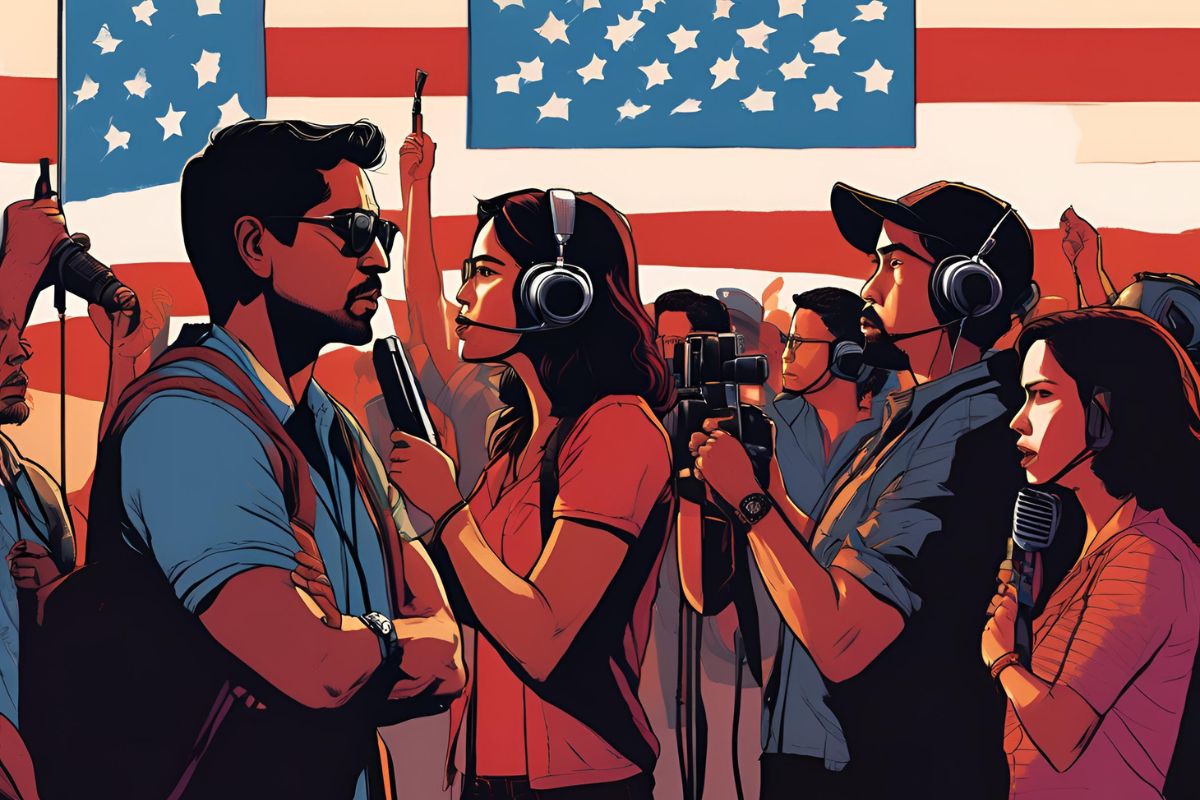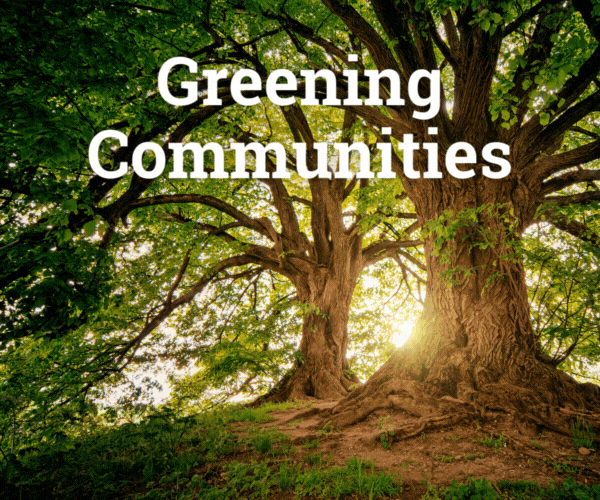In late March Clavel Rangel was in Toronto for a journalism conference. While there, she reported on the Trump administration’s deportation of Venezuelan migrants to El Salvador, which is when she began getting texts about a proposed U.S. travel ban on Venezuelans.
Rangel, a green card holder originally from Venezuela, says she feared her reporting could jeopardize her status as the Trump administration intensifies its deportation campaign.
“The government said many, many times that they are gang members, and we said no, they are not, we don’t have any proof that they are,” recalls Rangel, a freelance journalist living in Miami. “And so, I began to wonder if I am in danger because of that.”
Rangel is among a growing number of immigrants in the US concerned about their status as the government targets even those with valid visas and documentation for deportation.
As a journalist, she fears her work will draw backlash from politicians, just as she experienced in Venezuela in 2020 when she first made the decision to come to the U.S.
“I came here because I felt like this is a free space to continue doing journalism,” she noted, describing the mounting threats she faced because of her reporting on corruption in Venezuela’s southern Amazon region.
“I was sad because I lost the possibility of being on the ground covering my region, but at some point, I felt relief because working here in the U.S., covering Venezuela, I can do it with more freedom and a sense of safety. I can also support other journalists in Venezuela through our network,” she says. “Now, it’s like… uff.”
Rangel’s trepidation owes to the Trump administration’s aggressive posture towards the media, with numerous lawsuits targeting outlets like CBS and ABC for their reporting; FCC probes into NPR and PBS for alleged content bias; and the barring of several major outlets from their regular places at the Oval Office and the Pentagon.
America’s press freedom record has plummeted to a historic low, per Reporters Without Borders.
As these press restrictions are rising, so is the detention of international students, most prominently Rumeysa Öztürk, a graduate student at Tufts University, and Mahmoud Khalil, a graduate student at Columbia University.
Öztürk had a student visa, while Khalil was a legal permanent resident whose wife was a U.S. citizen.
For both of their March detentions, the government invoked an obscure legal principle to argue that the students represented a grave threat to national security—Öztürk for publishing an op-ed in her school paper critical of U.S. and Israeli policy, and Khalil for his participation in pro-Palestine campus protests.
Free speech and first amendment advocacy organizations are sounding the alarm.
“Once a government claims the power to use residency status as a cudgel to regulate speech, things escalate quickly and unpredictably,” writes Seth Stern with Freedom of the Press Foundation, warning journalists could be next.
Flavie Fuentes with the Reporters Committee for Freedom of the Press says her office is fielding regular calls from outlets concerned over the increasingly treacherous legal landscape.
“The concerns we are hearing now can fall into two buckets. The first is concerns reporters might have because of the reporting they do, regardless of their status. Then we have reporters who are concerned because of their own immigration status,” she says.
Regarding that second category, Fuentes notes the burning question for journalists is, “How easy would it be for the administration to revoke my visa?”
The answer is: it depends.
“If you are just reporting the news, that is clearly covered under the First Amendment. And I would think you should not fear being put into deportation proceedings for that,” says Stephen Yale-Loehr, a retired professor of practice at Cornell Law School who worked 40 years as an immigration attorney.
Still, “if you are a journalist… and you write an op-ed critical of the Trump administration, then the Öztürk example is one where they did go after someone,” he continues, suggesting that journalists in the U.S. on temporary visas, green cards, or DACA carry documentation with them at all times, and consider burner phones when traveling abroad “so you are less likely to be harassed when you return.”
U.S. Customs and Border Patrol agents searched over 47,000 electronic devices last year, up tenfold from a decade ago.
According to Yale-Loehr, revoking an individual’s visa or residency is under the State Department’s discretion, wherein “each secretary of state has their own discretionary level.”
“Each journalist has to figure out their risk tolerance in their own situation and perhaps speak to their editor if they feel uncomfortable about covering a certain event or writing a certain article,” he adds.
That, says Fuentes, presents an existential challenge for newsrooms.
“On the one hand, you want a reporter who belongs to a community to be the one to cover it. But on the other hand, the last thing you want to do is to put them at risk,” she explains.
Estafania Bermudez, a bilingual Detroit-based reporter and DACA recipient, has covered the impact of this year’s immigration crackdowns, including ICE raids targeting the city’s Latino community.
“When the story is about ICE raids… editors go to the reporter who has DACA and a more rooted perspective,” she says. “It’s easy to put that person out there to cover it. But it also means putting yourself at higher risk.”
A journalist since 2016, Bermudez says she’s worried about becoming a target of ICE agents herself, adding she’s started scrubbing her social media feed of anything that may compromise her status amid reports of immigration officials expanding social media data collection.
“Any person, regardless of if you are a journalist or not, you just begin to second guess yourself,” she points out. “It does make me more worried about what I post.”
For her part, Rangel insists she’s committed to the work despite the risks. “I think it’s more important to defend free expression here, because if you can guarantee free expression in the U.S., it’s possible to empower changes in other countries.”
Bermudez agrees, but admits she’s begun to rethink her approach.
“Before, I felt I had protection, now I realize that protection is flimsy at best,” she explains. “If something comes up, I might say no, you take this one. I don’t want to unnecessarily put myself in the line of fire.”





